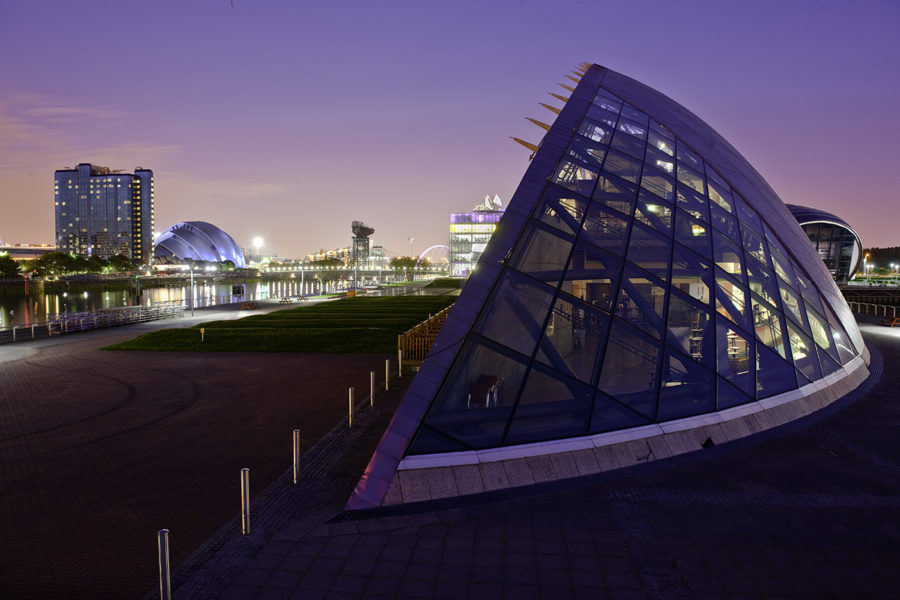In early April, Prince Charles opened the country’s first NHS “Nightingale Hospital” at ExCeL London. The 100,000-sqm Docklands site will offer 500 beds for patients if hospitals in London and the South of England reach capacity. “It’s nothing short of extraordinary that this new hospital in London has been established from scratch in less than a fortnight,” says NHS chief executive Simon Stevens. “Now we are gearing up to repeat that feat at another four sites across the country to add to the surge capacity in current NHS hospitals. We’re giving the go ahead to these additional sites, hoping they may not be needed, but preparing in case they are.”
The three other Nightingale Hospitals include Wales’ Principality Stadium, which will offer 2,000 beds; Birmingham’s National Exhibition Centre (NEC), which will feature 500 beds for patients from 23 Midlands hospitals; and Manchester Central, which is working with the NHS, social care experts, and the local government to build the NHS Nightingale Hospital North West, a temporary hospital that will tend to patients from the North West (Lancashire, Cheshire, Merseyside, South Cumbria and Greater Manchester). In Glasgow, meanwhile, work has started on the temporary NHS Scotland hospital inside the Scottish Event Campus (SEC), which will provide beds for over 1,000 patients.“We are incredibly proud to be able to use our venue and our skills to support the phenomenal work that the NHS is doing and hope that our contribution helps the North West, and indeed the UK, to recover as quickly as possible from these challenging times,” says Shaun Hinds, chief executive of Manchester Central.
This article was written by Boardroom editor Lane Nieset. The right to use it, in parts or in full, has to be granted by the Publisher.
In a mere 10 days, the team at Manchester Central worked with experts from various sectors to create a new hospital, clinical model and recruitment program. As early as this week, the new hospital—staffed by consultants, junior doctors, nurses, healthcare support workers, physiotherapists, pharmacists, occupational therapists, social workers, and a huge range of non-clinical support workers and administrators—will be able to care for up to 750 Covid-19 patients. “The Manchester Central team has pulled out every stop to help get the facility mobilise as quickly as possible,” Hinds says.“The pace at which the operation got underway, and the way in which all parties have come together to make this happen, is truly commendable.”
Not-for-profits like Open Kitchen MCR are also stepping up and helping local communities by donating food waste from cancelled events. The Manchester caterers have coordinated efforts with Greater Manchester to portion out home-cooked meals in microwaveable containers to those affected by food poverty and would normally visit a food bank or community centre. In Birmingham, meanwhile, food planned for Tropic Skincare’s bi-annual event at the NEC was donated to The Real Junk Food Project Birmingham. BCS, The Chartered Institute for IT also saved 250 lunches from its sold-out “Skills for a Digital World 2020” event at the ICC (which may be conducted digitally in the future) and donated them to Lozells Methodist Church & Community Centre. As Carl Harris, group marketing director at BCS, The Chartered Institute for IT, puts it: “The purpose of our conference was to discuss adult education and action to enhance the livelihoods of potentially vulnerable individuals, so it’s wonderful that we were still able—in a small way—to help a vulnerable group through alternative efforts.”
 Glasgow Science Centre, with the Scottish Events Campus in the background
Glasgow Science Centre, with the Scottish Events Campus in the background